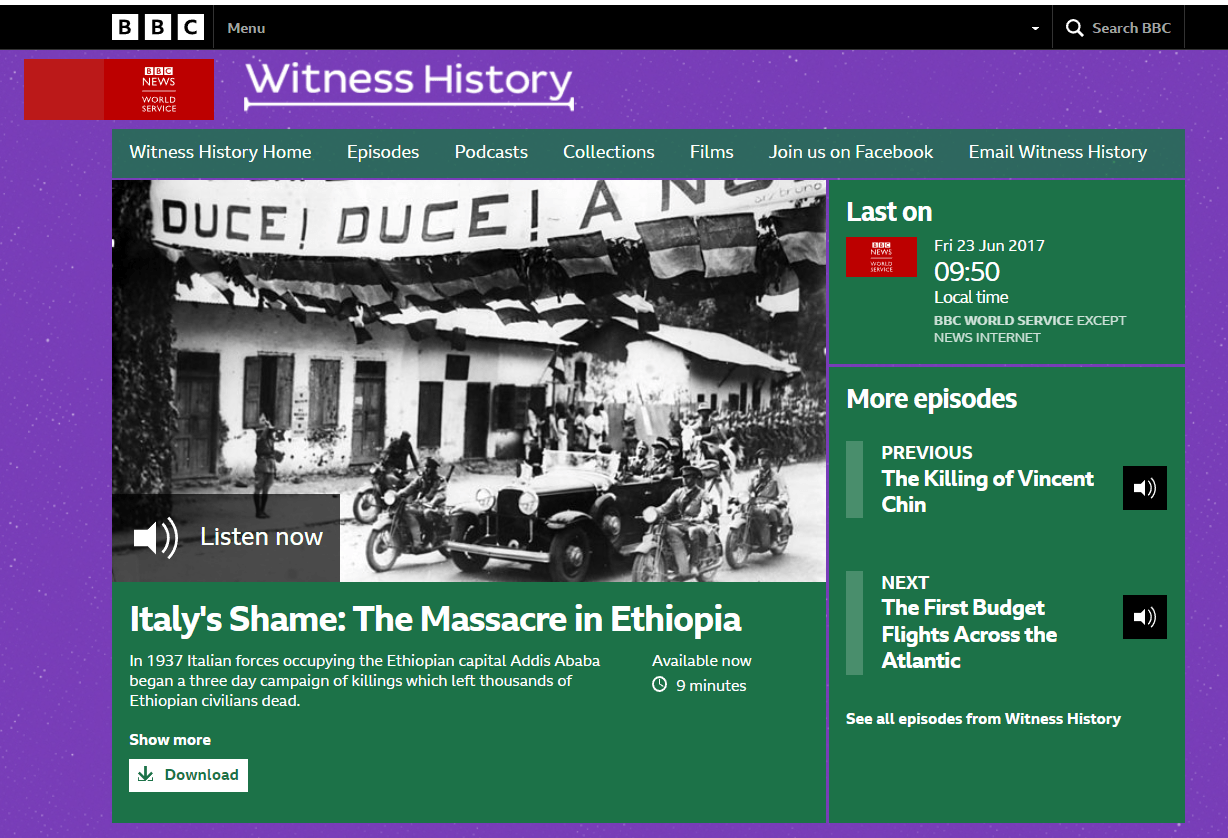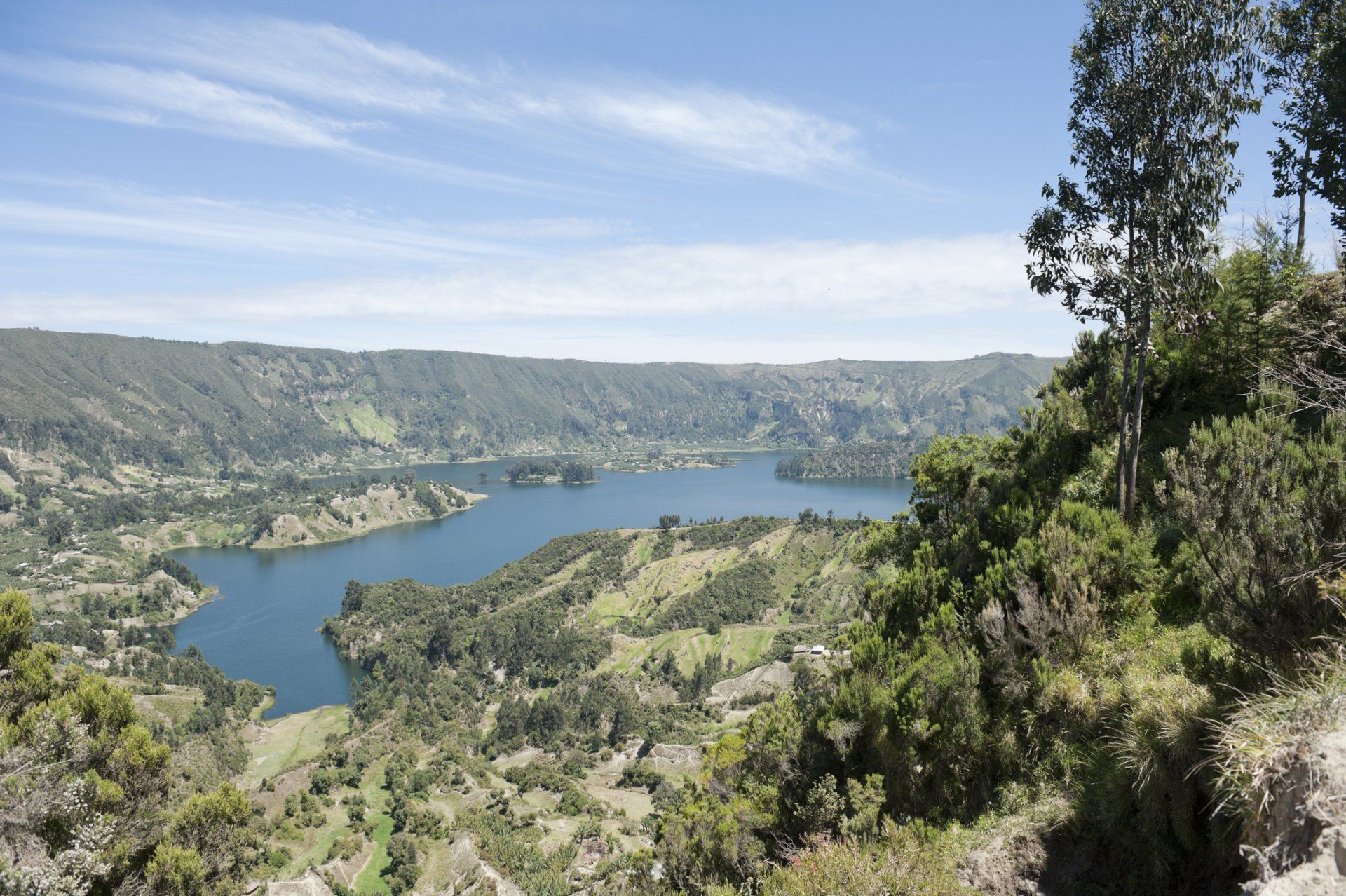Blog
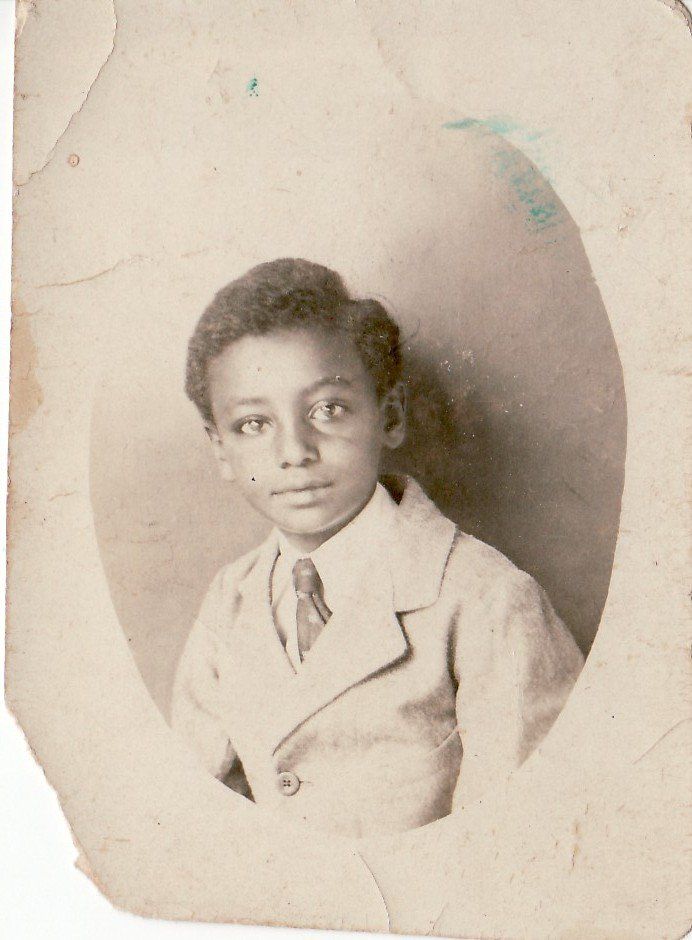
I have had the fortune to participate in many significant historical events and have witnessed the unfolding of huge social changes both in Ethiopia and across the world. Through my memoirs I wish to share these extraordinary events with my readers and let them partake to all that has shaped, fascinated and motivated me. My memoirs are a work in progress and it is with pleasure that I am making a few extracts available on my website. It is may be too late to start a life story that spans eight decades. Memory fades, events get blurred, names are forgotten and places get hazy, softened by passing time events and things lose their edge. Neither I am writing a history, it is simply a narration about my life and of the events and conditions through which I have lived. Therefore, I plead mea culpa for what is missing, mistaken or misplaced. ________________________________________________________________________
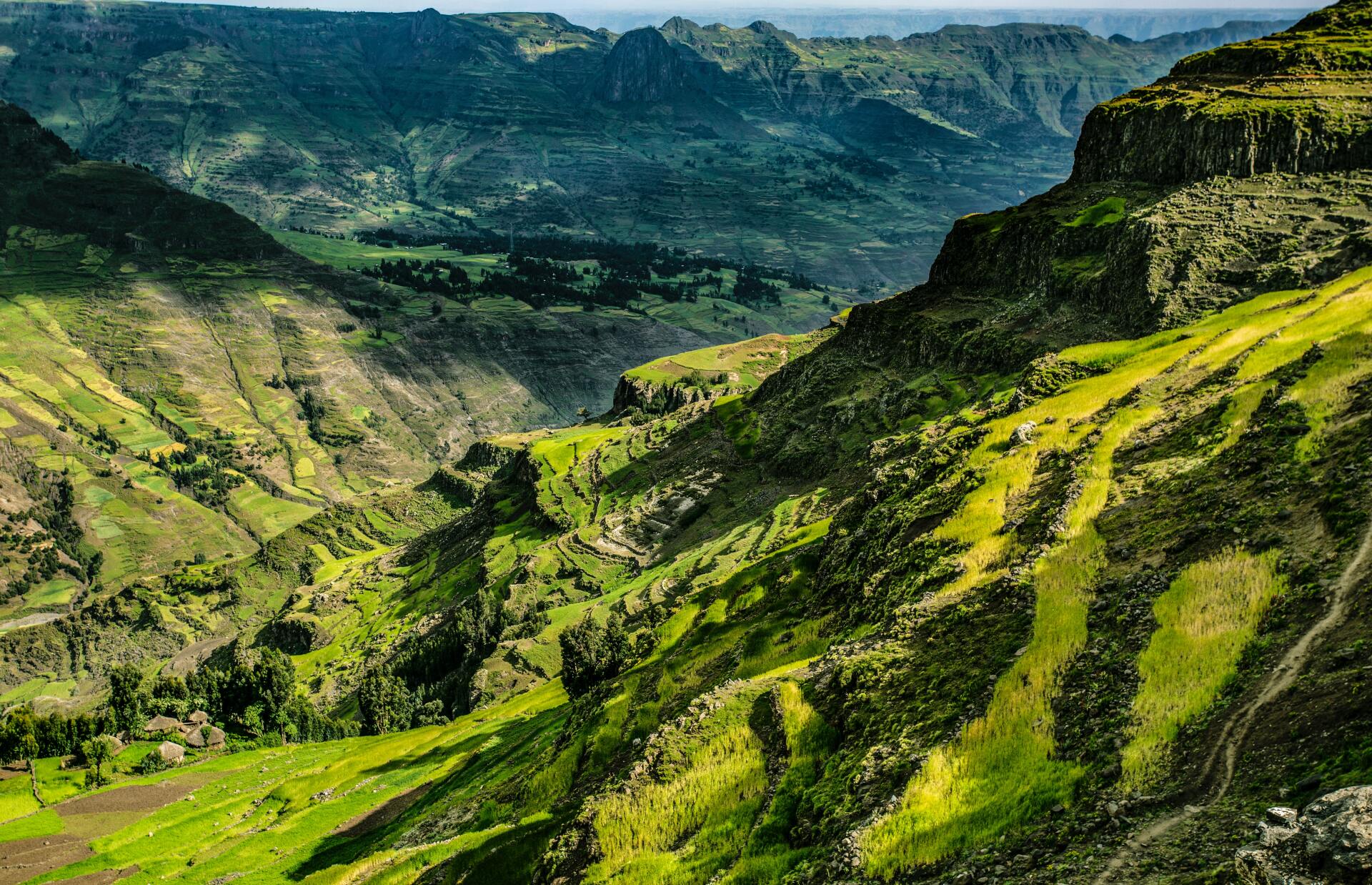
You are in your twenties and thirties, you have grown up in one of the most painful eras of Ethiopian history ...this has certainly left you with some bitter view of your country ... We must build our new Ethiopia on solid bases, on our common history and common heritage ... Our people are talented and our land fertile and rich. Let’s make the Ethiopian renaissance with a national spirit and rejuvenating outlook...
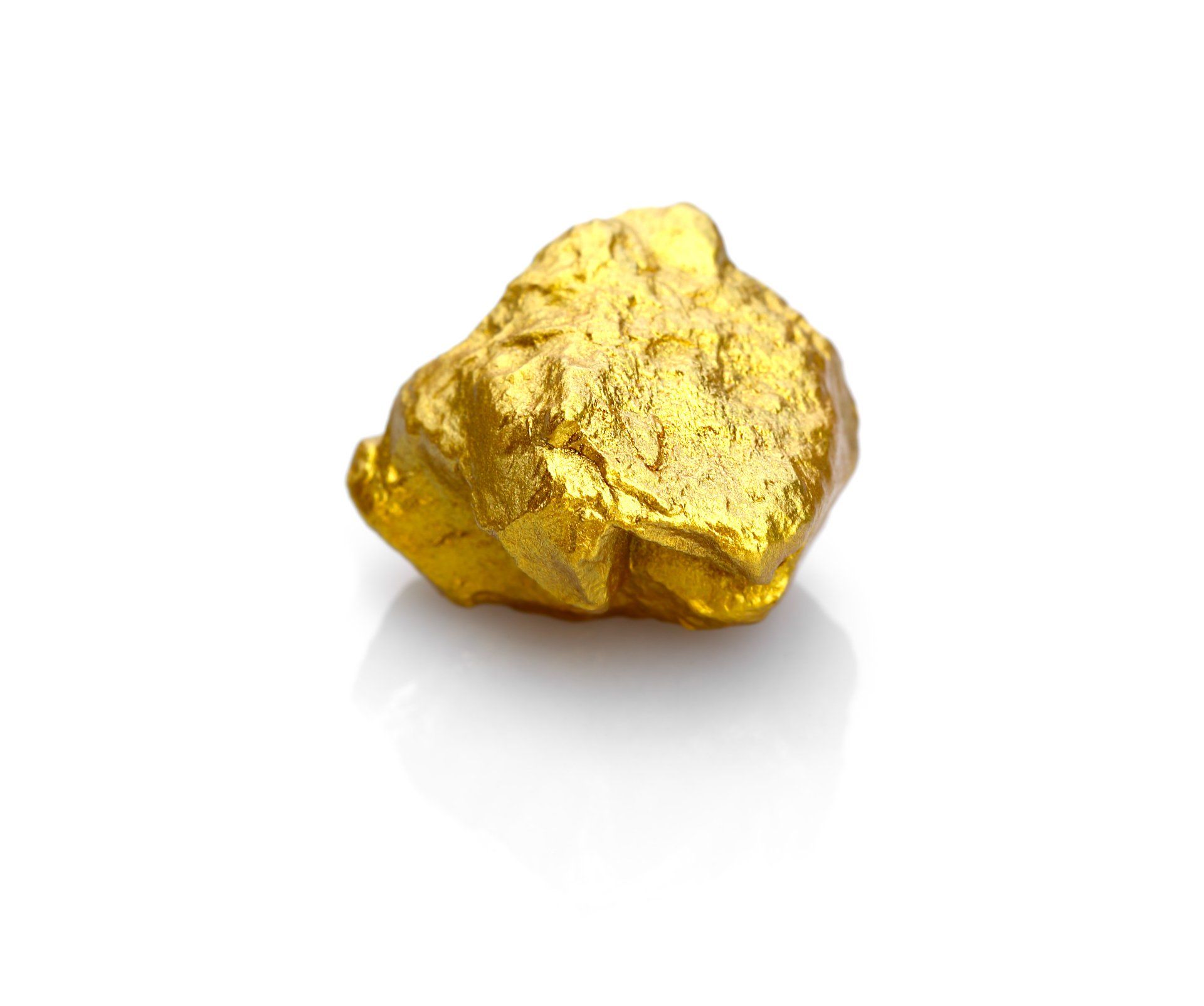
Is Silence Made of Gold? The lack of freedom of expression and the jailing of journalists, bloggers and media people in Ethiopia has always been a hot topic in the Diaspora media, and justly so. We also observe that the Diaspora audio-visual media that has become a most important source of information for the public in Ethiopia about issues unavailable in the local media. This said the question is if there is censorship in the Diaspora media? For instance my article on Ethiopia’s Future was not rejected but not even acknowledged by some web-sites like Abugida, Ze-Habesha, ECADEF, 6Kilo. Thanks God! there are Medias like Facebook with millions of viewers worldwide including Ethiopia. Fear of Protests? I have been following on TV the protests by thousands people of Honk Kong to elect freely their own city government, and at the same I was also viewing what is happening with the few hundred protesters in Fergusson Missouri (population 21200) here in the United States of America. What I remarked particularly is the way that the authorities in both places have handled the protests. In Honk Hong the police were unarmed and the authorities have handled the matter peacefully with negotiations, which they are still doing after almost a month of the people occupying the town center. In Fergusson the police came out dressed and armed with military gear and equipment including armored vehicle, shooting rubber bullets and teargas bombs against a few misbehaving youngsters and against peaceful protesters. The contrast is evident; it is difficult to understand the extreme violent reaction of the police in America against neighbors who have lived in the same township for at least since the US has existed. With their violent reaction the police did not show strength and courage, but stark naked fear! And lack of confidence in one’s own national institutions and laws. It is sad to observe this decay of civility in the 21st Century America. Moreover, the political paralyses that has developed at home in recent years, has undermined the foreign policy in a world whose peace and stability lies principally with the United States. For billions of people in the World the US symbolizes Freedom and Progress to which they aspire. The people in Honk Kong are what they are protesting for. With the political and economic power center shifting from West to East, what the future bids is something to ponder upon with utmost concern. Obama will be gone in less than two years, then what??
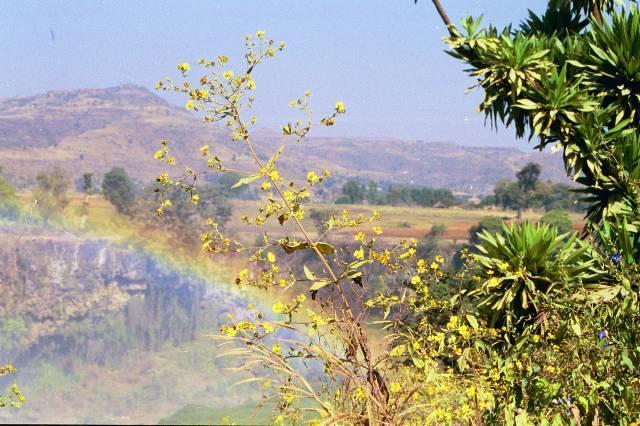
I am neither a scholar nor a historian. The following are broad brush strokes of my personal outlooks about the epoch I have lived in and strived. I leave the descriptive details off events and facts to professional historians. The 1974 revolution that replaced the Imperial Regime and gave birth to an era of terror and lawlessness, since then Ethiopian history has been subject to many interpretations according to the ideological, political and personal persuasion of the narrator. Although a lot of well researched books and papers have been published by Ethiopian and foreign authors alike, there is also a lot of writing that borders the surreal, particularly by political bodies and their members. Assumptions, speculations, misquotations, fabrications and exaggerations make poor history. In my view Ethiopian history has changed by somersaults during the past nine decades, especially after the Italian invasion of 1935. The post Minilik period was a time of internal contentions, the Lij Yassu regency concluded with the crowning of Empress Zewditu Minilik with the crown passing to Emperor Haile Sellassie on her death. Thus began the embryonic modernization of Ethiopia’s polity with Haile Sellassie pursuing Minilik’s policies, introducing a western education systems and other modern reforms. A written Constitution was adopted, and Ethiopia became a full-fledged member of the Society of Nations. The 1930 Constitution marked the beginning of a constitutional form of government and the end of feudalism, which was abolished further by the Italian occupiers who introduced a colonial system of governance. Although the occupation lasted only turbulent five years, it changed radically all aspects of the Ethiopian way of life. Primarily to consolidate their occupation and secure the future development of the colony, the Italians built a network of roads and infrastructures throughout the country. This factor revolutionized the traditional political, social and economic structure of the nation, by facilitating large population movements and commercial exchange amongst the various provinces. A uniform system of governance was also introduced, transforming radically the feudal relationship between the rulers and the people. The post liberation era 1941/1973 was a time of reestablishing the state and keeping the integrity of the nation. Thanks to the popularity of the Emperor and patriots forces the country remained united. Starting with establishing a new government administration the challenge was extremely onerous, there was no money but a small loan granted by the British; there was no trained personnel but a handful people with formal education; no equipment of any kind as the British forces had taken away anything movable even office and household furniture; all Italians were also evacuated, depriving us of some technical labor. In spite of some difficulties created by the British in the early years, by 1960 the government was firmly established. Organic Laws were codified, National Bank and National Currency, Ethiopian Commercial Bank, Ethiopian Airline, Highway Authority, Telecommunications’ Board and many other institutions and structural changes were made. Eritrea was federate with the motherland and Ethiopia had regained a direct access to the sea. However, the political system did not evolve according to the innovations the country underwent with its socio-economic development and its large exposure to the world. Addis Ababa had become the HQ of the OAU, the ECA and of many International organizations, increasing the country’s role in world affairs. Nevertheless, domestically all powers remained centered with the Emperor, all officials were by appointment and the Parliament although partially elected was actually an advisory body with limited prerogatives. The Emperor, lulled by his worldwide popularity was more focused on world affairs than those of the interior. The first shock came in 1960 with the Mengistu Newaye attempted coup d’etat, that culminated with the senseless murder of some of the most important leaders whose voice influenced all Imperial decisions. Unfortunately, the Emperor nor his government learned much from this tragic event, although the country was fermenting with discontent from all classes of society and things went on as usual. Triggered by the famine in Wollo this period climaxed with the 1974 revolution, spearheaded by students and joined by the military. To their credit the Emperor and all high officials surrendered peacefully all powers to the revolutionary. Although their peaceful surrender did not prevent their eventual assassinations. Thus, began the Ethiopian tragic Odyssey. The revolution had started with a lot of ignorance and good intentions by most of the student’s movements, slogans such as “land to the tiller” had some popular appeal, although land ownership in Shoa, Wollo, Begemdir, Tigray and Gojiam was communal, and it was a matter of returning to the rest the ownership to the “tiller” that was already in place, in his ancestral land. The actual intention was to disown the people of any property, and have full control of the peasantry that consisted of eighty-five percent of the population. The same goes to the campaign of “Idget Behibret”, whereby high school teen agers were dispersed around the country to foster a development nobody knew about including its authors. Again this was contrived to break-up the student movement from growing into a political force on its own. It was also a malefic program contrived to denigrate the middle class. Thus, a whole generation of youngsters were thrown into an unplanned and disorganized foray, where many were diseased, raped, maimed and perished. The revolution turned into a murderous struggle for power amongst the revolutionary themselves, one faction allying themselves with the ignorant and uncouth military subalterns and providing them with some half backed Marxist political notions. Eventually, the military took over all powers after a campaign of terror and mayhem in which thousands of innocent young people lost their life; millions lost their livelihood, their property and even a modicum of basic rights. The governance of the country fell to a regime with no moral compulsion of any kind, but brute force and unbound lawlessness. After seventeen years of misrule that destroyed and tainted the historical and traditional values of Ethiopia, maligned its institutions and cultural vestiges, denigrated its defense establishment and left a bankrupt country to the vagaries of an ill fated future. The power vacuum left by the Derg regime was replaced by an ethnic cabal in the guise of an alliance with other liberation movements led by the TPLF. Admittedly, they fought and won the battle on the ground, but they also abandoned their Marxist leaning for some sort democratic platform that won them the support of the US and other powers and institutions, without giving up their ruthless and corrupt governance. They have conceded to the independence of Eritrea land locking Ethiopia, and transferred a large amount of national territory to the Sudan. With the preceding nationalization the ownership of the land having passed to the state, millions of acres of prime land are sold to foreign investors on concessionary terms. Under the governing tribal oligarchy all economic and financial institutions are owned and controlled by the regime through state or party owned corporations and affiliates. Large infrastructure projects such as dams, railroad, highways, industrial and agricultural projects have been undertaken through international, bilateral loans and private investments. Depending on the source the Ethiopian economic development has risen from six to ten percent a year in the last decade, resulting in huge disparity of income, that leaves the ninety-eight percent of the people in retched poverty, and endows Ethiopia with the highest brain drain in the world. Debt servicing has also risen over $1.2 Billion per year, in addition to capital evasion that amounts to more than $20 Billion since 2004. Corruption and malfeasance at all levels of governance are the modus operandi of the regime; with the extensive political and financial support of the US the EU and sundry “democratic” countries. Presently, we have entered a New Year 2007 EC and a new national election is to be held in a few months, most probably with the same concocted results as the preceding one in 2009 when the TPLF/EPRDF won by 99.6 percent. On this occasion the regime says barefacedly to have spent some 900 million Birr from the national budget to promote its own election, at the expense of the public. However, due to the general disappointment, particularly with donor countries, that its loutish and coercive governance is causing, and fearing that the growing opposition might turn violent, the regime may be pressured to make some nominal political space to affiliated parties, while maintaining the monopoly of power until the next election in 2012 EC. The emergence of a burgeoning middle class seeking to maintain its status in a stable and lawful political system, plus foreign elements wanting security for their investments, may induce the regime to give some space to some selected parties. Nevertheless, in spite all the political gerrymandering, sooner or later the failure of the deficient regime is inevitable. The question is what bodes for our country after the present tribal clique will lose powers in one way or another? Is it going to be a tribal battle ground by parties contending for power of some kind? Or even separation? Or, a most likely outcome, another civil-cum-military dictatorship will replace the present oligarchy? Where are the Ethiopian people in all this tumult played over their destiny? What do the powerless multitude of the opposition factions promise? Will it be another half-baked compromise under the macabre dance of peaceful struggle, or political reconciliations over the head of the real stake holders, the people of Ethiopia? The following is a personal comment for those indulging in the Politics of our country; it should not be construed as a self promotion. Given my age, I am quite conscious my own limitations, I merely want to impart my views about the future politics of our country. This message is mainly addressed to the young generation; it does not exclude the veterans of our political melee, but for those with an unsavory past as high officials of the delinquent Derg regime. After all politics are implemented by people, its success or failures are measured by their integrity and irreproachable demeanors in office. When in 1948 we joined the UN forces in the Korean conflict, the standard of living of the Korean people at that time was not better than our own, the same could be said of China’s after the traumatic ordeal of the cultural revolution. When I visited Panama in 1949, but for the American Base and some official sites, the city was a slum with a couple of hotels and sundry shops, today Panama rates with 61% of wellbeing on a world scale. While these countries and others around the world have achieved a high degree of development, why have we failed? is a legitimate question to ask ourselves? Ethiopia is a great country whose history dates from ancient times, our land is varied and rich that contains large natural resources of all kinds, from agriculture to minerals, and abundant water and energy potentials. The Ethiopian people are intelligent, courageous, cultured and diligent in all endeavors. Their social mores and moral values are second to none. With all this spiritual and material wealth in our hands, shouldn’t we have achieved higher standards of wellbeing for our people? Why have we become a swarm of terrorized and servile citizens deprived of their birthright in their own country? Ethnic and cultural divisions have been imposed on us by the point of the gun, creating disharmony and animosity amongst people. It is time to say NO to this unjust and abusive rule. The remedy for this sad situation is a national democratic political movement genuinely geared towards restoring freedom and justice to the people of Ethiopia. It is not ideas and methods that are lacking, a plethora of political programs have been pronounced by many parties; most of them advocating democratic principles in their own terms. However, personal rivalry and diverging objectives that prevail amongst leaders, has impeached the formation of a united national front. Consequently, no party has been able to establish a constituency large enough to play a leading political role. The only successful political coalition was Kinijit, whose winning a popular majority was revoked forcibly by the regime. Kinijit’s ambivalent leadership was also instrumental for its demise. Assuming that the regime will remain in power for the next five years, I believe that the opposition must belong to the young generation whose future is at stake. They would have the contemporary vision and the energy to regenerate and build a new Ethiopia. In fact this is already occurring in the country where the youth have already taken the vanguard of the democratic movement as exemplified by Skender Nega, Andulam Arage, Reeyot Alemu, “group9” bloggers, and scores of journalists and activists, the Semayawi Party and countless others that are persecuted and imprisoned around the country. What they need a strong support from all elements of the society, particularly from the community in the Diaspora that enjoys freedom of action with abundant human and material resources. Unfortunately the opposition parties in the Diaspora are fragmented and the leadership still tied up to defunct notions and groups, that do not reflect the present realities in Ethiopia. Neither have they have been a convincing voice to influence the foreign affairs establishments of relevant countries. Aspiring for power over ninety million people from ten thousand miles away seems to border the fantastic, internally Ethiopia is not lacking of talented people. I believe that the youth in the Diaspora should organize itself into an effective and credible pro-democratic movement representing legitimate parties at home, instead of wasting time in useless pal-talk and sundry internet debates. It is time to open a new page of Ethiopian history. Imru Zelleke

A year has passed leaving us with the nostalgia of things past, but also with the distinct feeling that this year been a turning point in Ethiopia’s destiny. The general lethargy prevailing over the mood of the Diaspora community, that had found comfort, distraction and even amusement in devotional practice, the restaurant/bar scene and gossipy rumours, has awaken with a surge of patriotic fervour. What caused this high irruption and indignation was the loutish behaviour of the Saudis towards the Ethiopian citizens who had migrated to their country in search of some menial job which they could not get in their own land. Migration of Ethiopians to Arab and other lands has been going on for forty years. Beginning from our murderous revolution, which has denied the people of basic human rights, confiscated their properties, abolished law and order executed mass assassination and imprisonment of innocent unarmed citizens; then collapsed disgracefully and surrendered the country to a regime of ethnic servitude. For those of us who were lucky enough to find refuge in civilized countries where we have lived in peace and freedom and even prospered, the sad fate of our unlucky compatriots is not new. What is surprising is this sudden awareness or “prise de conscience” and angry Diaspora manifestation against the Saudi Kingdom in particular. Ethiopian refugees are spread all over the Arab lands thus the selective indignation at the Saudis is rather bizarre, unless is it because of their enormous wealth. Anyway, it has caused the creation of a Global Alliance of the Diaspora to deal with the problem of Ethiopian immigrants. Most of the immigrants in Saudi Arabia being already repatriated back home, it is sending a fact finding mission to Yemen. However, sending an inquiry commission is a good gesture, it denotes a serious commitment from the Diaspora regarding the fate of Ethiopian immigrants. At least it might give some hope to those whose conditions are desperate. I also hope that it will not fizzle out into some publicity stunt, because it is a very grave problem that requires large amounts of funds and sustained logistical support. The death of the venerable President Mandela and the contribution that Ethiopia has made to the struggle against the white racist regime in South Africa was discussed at length, and justly so. This gave occasion for some of our intrepid reporters to resuscitate and interview Mengistu Haile Mariam and some of his collaborators. Since Mengistu’s role in the Mandela history and his opinion of the present TPLF regime is utterly irrelevant, one would have thought that a subject of great interest, primarily for the young generation of Ethiopians, would have been his own murderous history. How with US assistance he arranged to hand-over the country to the TPLF, and himself escape with his family and friends, betraying the Ethiopian Army and the country. This was one of the most violent and horrific pages of Ethiopian history for which he is accountable, and worth remembering for future generation. I have a lot of respect for the valuable service that ESAT has given for the Ethiopian people in opening a free access to information that is denied to them by the present regime. Myself having had the opportunity to express my views on ESAT, I am grateful for the chance given to me. However, I was deeply outraged together with millions of Ethiopians, by the callous indifference shown by ESAT for the enormous suffering and crimes committed by Mengistu against the Ethiopian people. We all respect and aspire to a democratic Ethiopia where the freedom of expression will be a fundamental tenet of its governance, we also believe that freedom has also its limits when it is concerned with acts of genocide and crimes against humanity. Unless of total amnesia, seventeen years of lawless bloody mayhem and genocide cannot be ignored. A serious apology is in order. The end of this year marks also the fortieth anniversary of the calamitous Ethiopian Odyssey. Four decades of pain and pangs, of terror and persecution that still continues. It should also be time to ponder over our lasting failure to bring solace and peace to our people. I don’t think that it is a mysterious phenomenon that impeaches our actions, but the lack of courage to face unpleasant circumstances in their real context. The TPLF came to power by a long and protracted struggle in the field by which they gained political power, and the recognition of major foreign nations. The opposition for its part being totally absent from the ground, was incapable to assume any role out of the debacle left by the Mengistu regime. The only opportunity that was offered to the opposition was the election of 2005 when it received a large public support, that was forcibly shanghaied by the regime, and against which the opposition had nothing to counter with. To add insult to injury the leaders of the opposition were sent to prison, a measure that still continues to be practiced against all opposition politicians, journalists and Human Rights activist .Yet, in spite of its blatant violations of all democratic principles of governance, international aid continued to flow in support of the regime. It was Senator Barry Goldwater of the US who said that “Extremism in the defense of liberty is no vice, moderation in the pursuit of justice is no virtue”, which might describe the criteria lacking in the spirit of the opposition and the cause of its chronic demise. Forty years of continuous failure to form a coherent and effective political movement cannot be explained otherwise. This year was also the 100th anniversary of the passing of the beloved national hero Emperor Menilik II. His memory should remind us of the best patriotic character of our cultures and traditions. Recommended reading by Tekle Tsadik Mokria, Paulos Gnogno, Professor Sergewu H. Sellassie, etc. Ethiopia is not a Paper Tiger created by some fiction, it is a nation built by sweat and blood, with thousand years of heroic defence of its independence. Unfortunately, of late, her destiny had fallen into the hands of an alienated generation that has destroyed its great heritage with nothing to replace it. The rebirth of the nation will demand a lot of soul searching and a return to those basic values of our own. We are not Europeans, Asians, Arabs or others, throughout millennia of interactions we have evolved our own civilization and way of life. Our traditional manners and morals are second to none. The fermenting affairs of the Diaspora never cease to distract us with new subjects and events. A formation of a Transition Government has been announced by a Transition Council who counts amongst its members a member of the former Imperial Crown, a high official of the Derg and sundry people of undetermined background. It would be interesting to know what this new government will be, and from where to where the transition will proceed. Whatever the case organizations created in the Diaspora, more than often, have a resonant name containing little substance. Therefore, it is wiser to check the personal history of the people in the leadership, and avoid embarrassments running after a ghost. On the bread and butter side a lot of development projects are implemented in Ethiopia; in fact the amount of money involved is simply staggering. Foreign investors seem to have found a worthwhile environment for their business in Ethiopia, in spite of serious comments made concerning the viability and sustainability of a development dependent on foreign aid and deficit financing. China announced recently a 16.5 Billion project financing program, that may involve the influx of maybe a million Chinese citizens? In the meantime the same amount of money or more, is to have taken the high road out of Ethiopia. Having become foreigners in their own country, but for a very small minority, the Ethiopian people are estranged from all these developments. To crown the year with unique originality the TPLF regime has put under arrest the Patriarch of the Ethiopian Orthodox Church, an event that has not happened in the 1600 years of the Church History, but maybe once. I guess that the regime has taken this action out of a profound sense of fairness, to balance its own outrageous behaviour against our Muslim community. It could also be out of the profound paranoia and apprehension that things are getting out of control. Monopoly of power captured by a mafia ethnic cabal, dominated by pervasive corruption and inefficiency, that have little respect even for their own keen have doubtful permanency. After many years of reflection a matter for which I have yet to find a rationale is our relations with Eritrea and Somalia. Years of bloody conflicts, misery and mayhem have brought neither peace nor freedom to anyone. We all have a good and industrious population, we each have abundant natural resources, and we have no external enemies. We had the opportunity and the time to build reasonably stable and progressive societies. Yet, we have failed our people and our countries. If we look at the progress that China has accomplished in the last three decades, ours conclusion would be comparable to marching backward during the same amount of time. Characteristic of our peculiarity the heroes of Eritrean independence Woldab Woldemariam and Issayas Afwerki are both Tigrean while the many TPLF leaders are Eritrean. Cost accounting resulting from their conflicts and contentions, millions in human losses, displacement and all round misery that still continues to keep our people in a quagmire of poverty, ignorance and backwardness. Yet, there are more Somalis living in Addis Ababa than in Mogadiscio, more Eritreans living in Addis than in Asmara. With some common sense in their leadership the Countries of the Horn could have realized an advanced and prosperous community that could have been an asset to World peace and stability. Personally I have faith in our people and that they will overcome the obstacles that constrain their growth, and will emerge healthy and strong nations in the near future. Let’s do it!!! I wish all a Very Happy and Prosperous New Year. ETHIOPIA LEZELALEM TINOUR.

